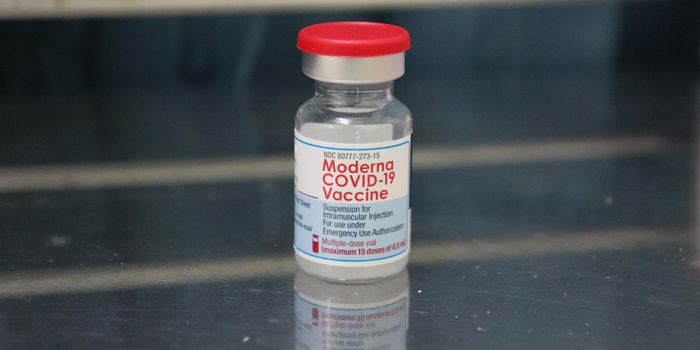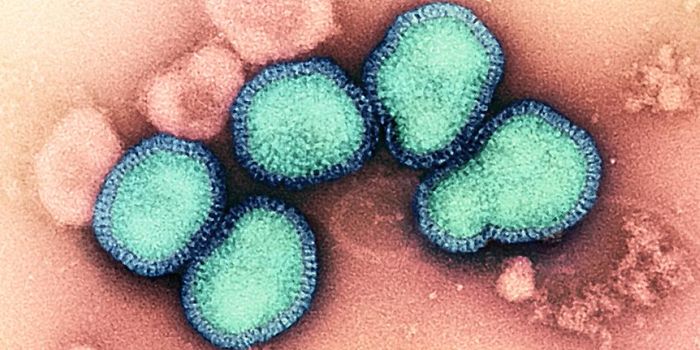Dietary Cholesterol and Its Impact on Autoimmune and Infectious Disease Processes
There has been a great deal of media coverage and controversy over the role of diet on disease processes such as autoimmunity and infection. Can dietary cholesterol intake affect the pathophysiology of immune-related inflammation and responses to pathogens? In a 2018 literature review published in the journal, Nutrients, researchers analyzed both the "significant and controversial studies on the role of dietary cholesterol and lipid metabolism in the pathophysiology of infectious disease and autoimmune disorders."
Some of the studies reviewed evaluated effects of dietary cholesterol, especially cholesterol-rich diets found in Western countries, and showed that these diets affect inflammatory markers of the immune system and cellular cholesterol metabolism as well as act to balance the lipoprotein profiles and functional attributes of HDL. In addition, diet can influence immunomodulatory lipid pathways in different populations with varying types of metabolism. This illustrates that the "efficiency of dietary cholesterol absorption, the presence of insulin resistance, and weight loss can impact the immunomodulatory response to exogenous cholesterol." The complex mechanisms involved in these processes also suggest that they may determine the relationship between dietary cholesterol and immunity. Since the Dietary Guidelines for Americans 2015–2020 revision doesn't limit the intake of dietary cholesterol, evaluation of its effects on processes not related to cardiovascular health is important.
The findings from the study showed that cholesterol metabolism has a significant and complex role in regulating immunity and inflammation. When dietary cholesterol is consumed in eggs, they found that it's vital for controlling "leukocyte cholesterol metabolism, lipid raft dynamics, and inflammatory potential, while additionally modulating lipoprotein profiles and markers of HDL function." Further, findings from several studies suggested that cholesterol-rich diets affect the pathophysiology of infectious diseases caused by certain bacteria and viruses.
While the results of the literature review have highlighted the significance of dietary cholesterol in immune-related inflammation and infectious disease, other factors need to be explored through further research. Analysis of whether the effects of "altered leukocyte cholesterol metabolism, lipoprotein profiles, or metabolic status underlie the variable effects of cholesterol-rich diet intake on infectious and autoimmune disease pathophysiology as well as effects of confounding dietary bioactives in these pathways and if other functional foods known to modulate lipid metabolism can impact immunity via similar mechanisms" needs to also be performed.








